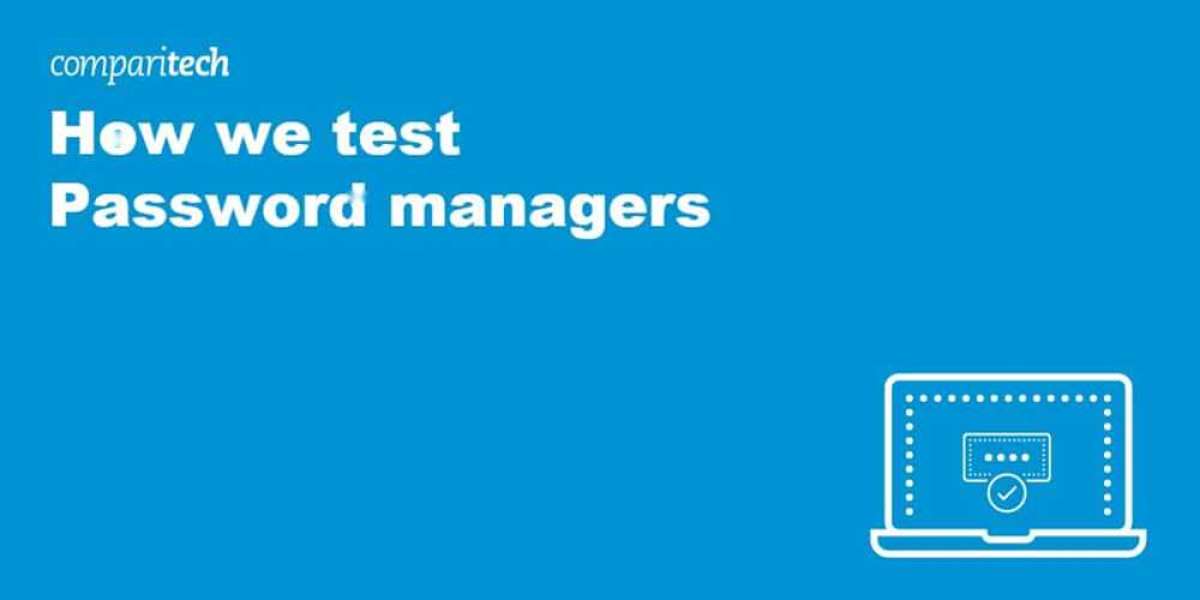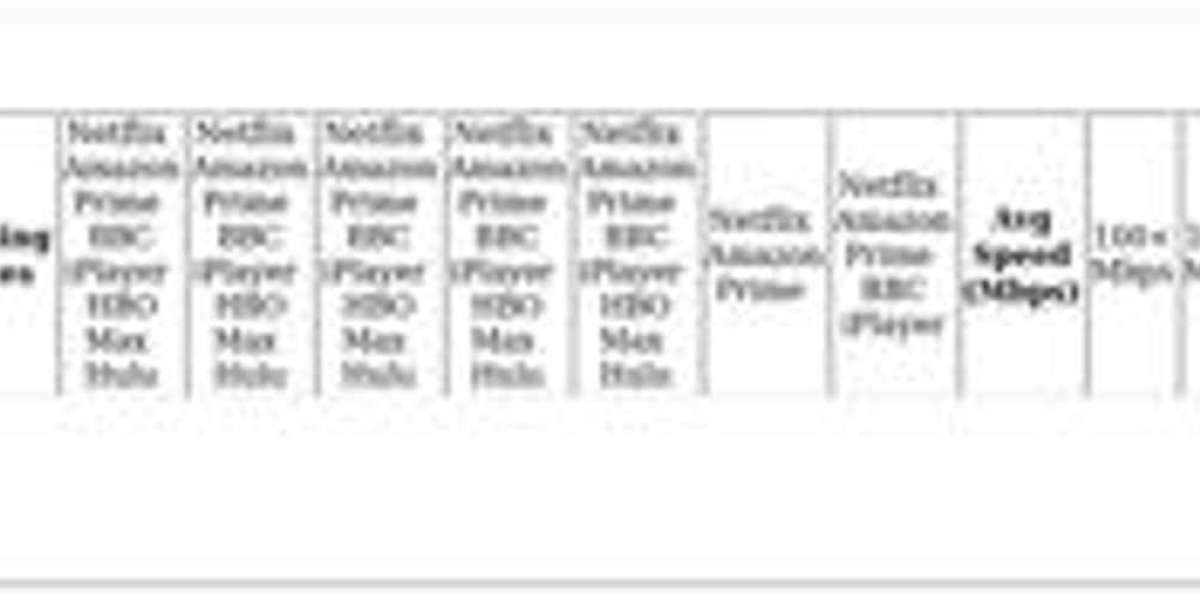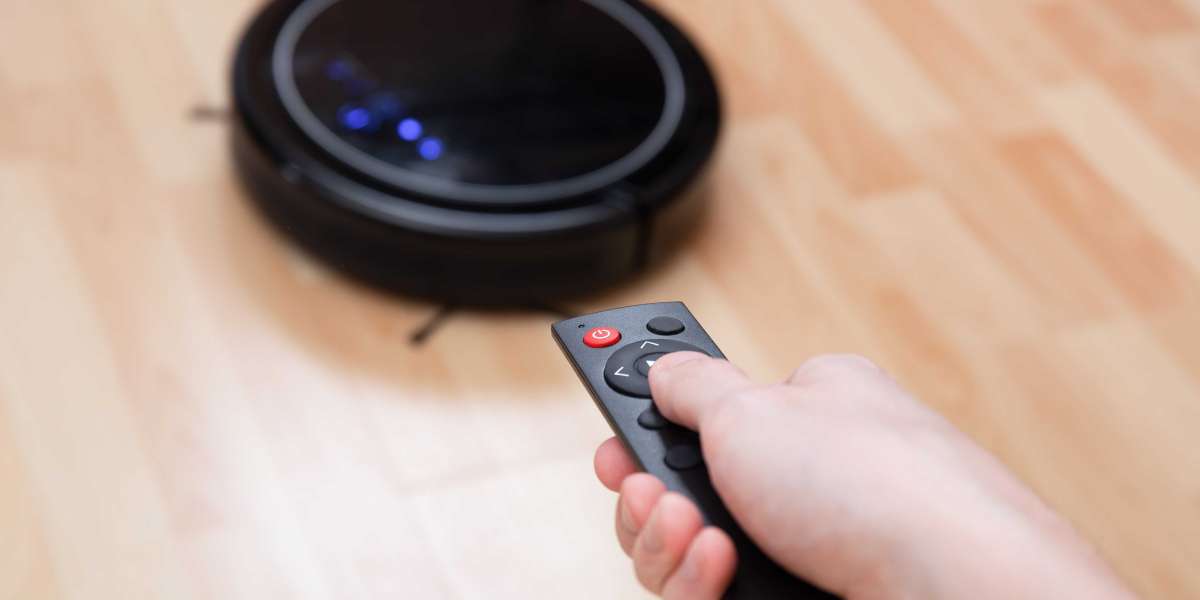Technology is changing our world at an astonishing speed! Its sweeping modifications can be found everywhere and they can be referred to as both thrilling, and at the exact same time frightening. Although individuals in lots of parts of the world are still trying to come to terms with earlier technological transformations along with their sweeping social and educational implications - which are still unfolding, they have actually been awoken to the reality of yet another digital revolution - the AI transformation.
Expert System (AI) technology describes the ability of a digital computer or visualchemy.gallery computer-controlled robot to carry out tasks that would otherwise have actually been performed by human beings. AI systems are developed to have the intellectual procedures that identify humans, such as the capability to factor, find significance, generalize or gain from previous experience. With AI innovation, large amounts of information and text can be processed far beyond any human capacity. AI can likewise be utilized to produce a large variety of brand-new material.
In the field of Education, AI technology includes the prospective to enable new types of mentor, finding out and instructional management. It can also improve learning experiences and support teacher jobs. However, bytes-the-dust.com regardless of its positive potential, AI also poses substantial risks to trainees, the teaching community, education systems and society at large.
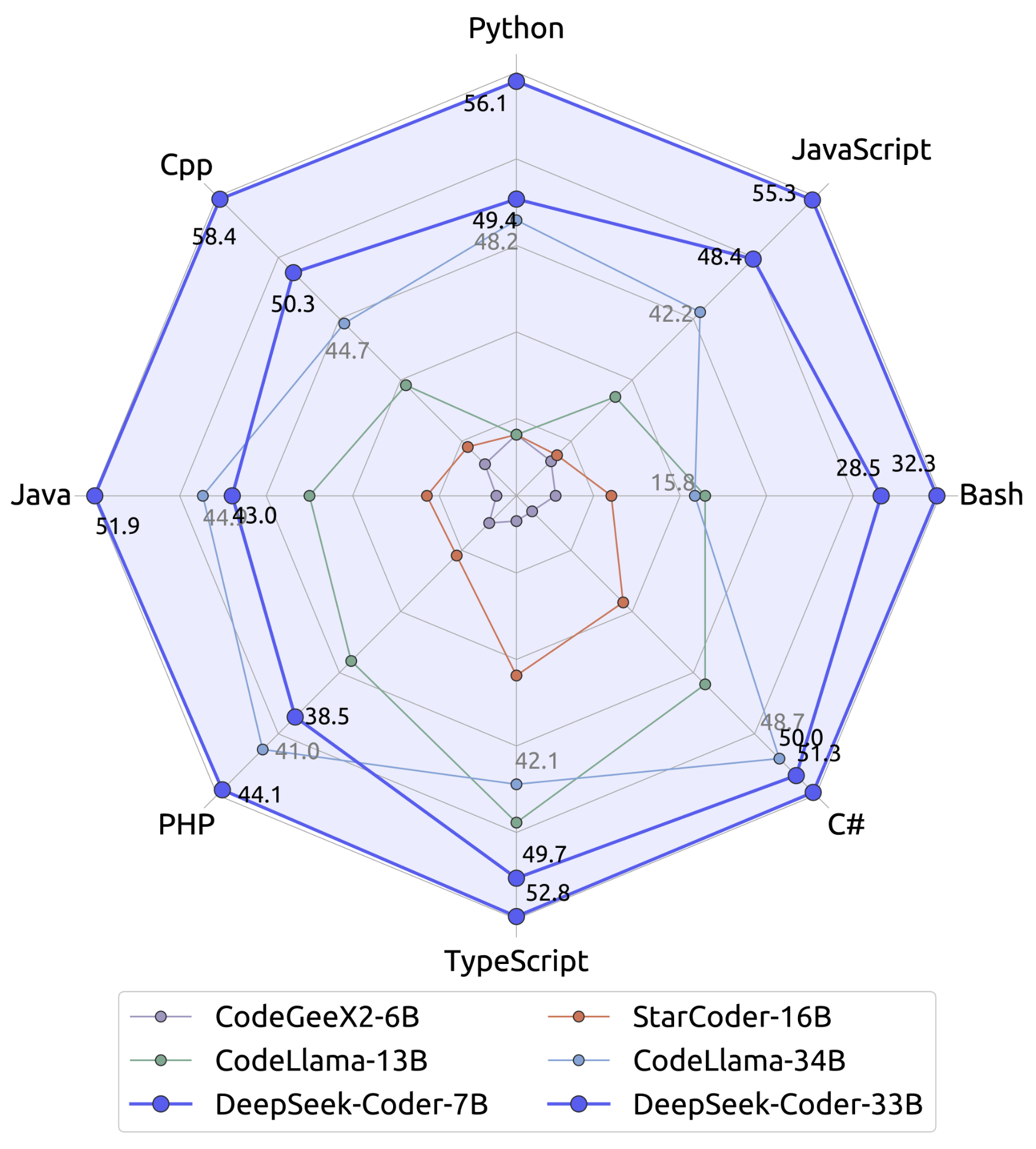
What are some of these dangers? AI can decrease teaching and learning processes to calculations and wikitravel.org automated jobs in manner ins which devalue the function and photorum.eclat-mauve.fr impact of teachers and damage their relationships with students. It can narrow education to just that which AI can process, design and deliver. AI can likewise intensify the around the world shortage of qualified teachers through disproportionate spending on technology at the expenditure of investment in human capacity development.
Using AI in education likewise produces some basic concerns about the capability of teachers to act purposefully and constructively in figuring out how and when to make sensible use of this technology in an effort to direct their professional growth, discover services to challenges they deal with and enhance their practice. Such essential concerns consist of:
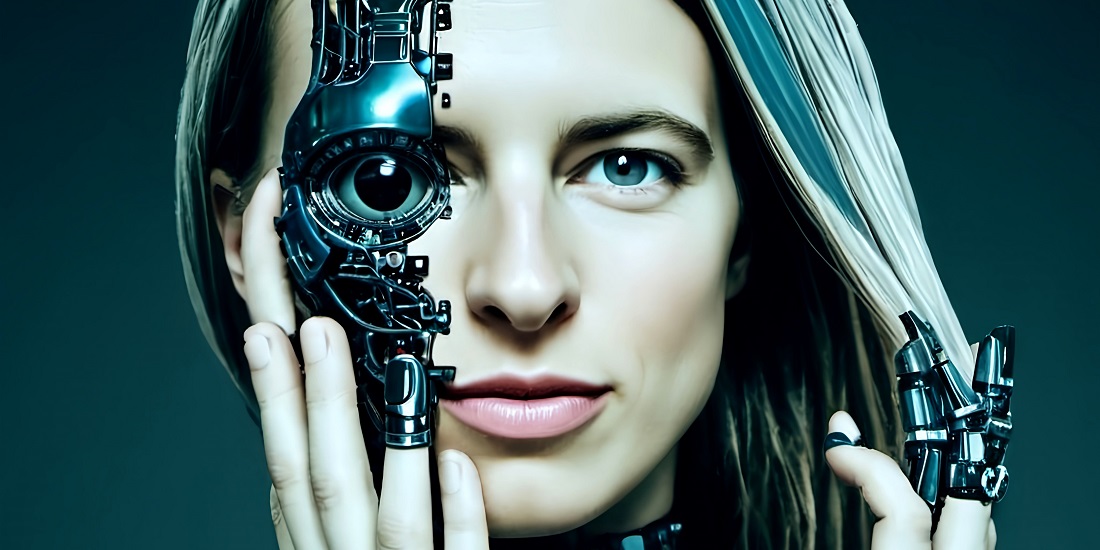
· What will be the role of instructors if AI technology end up being extensively executed in the field of education?
· What will evaluations appear like?
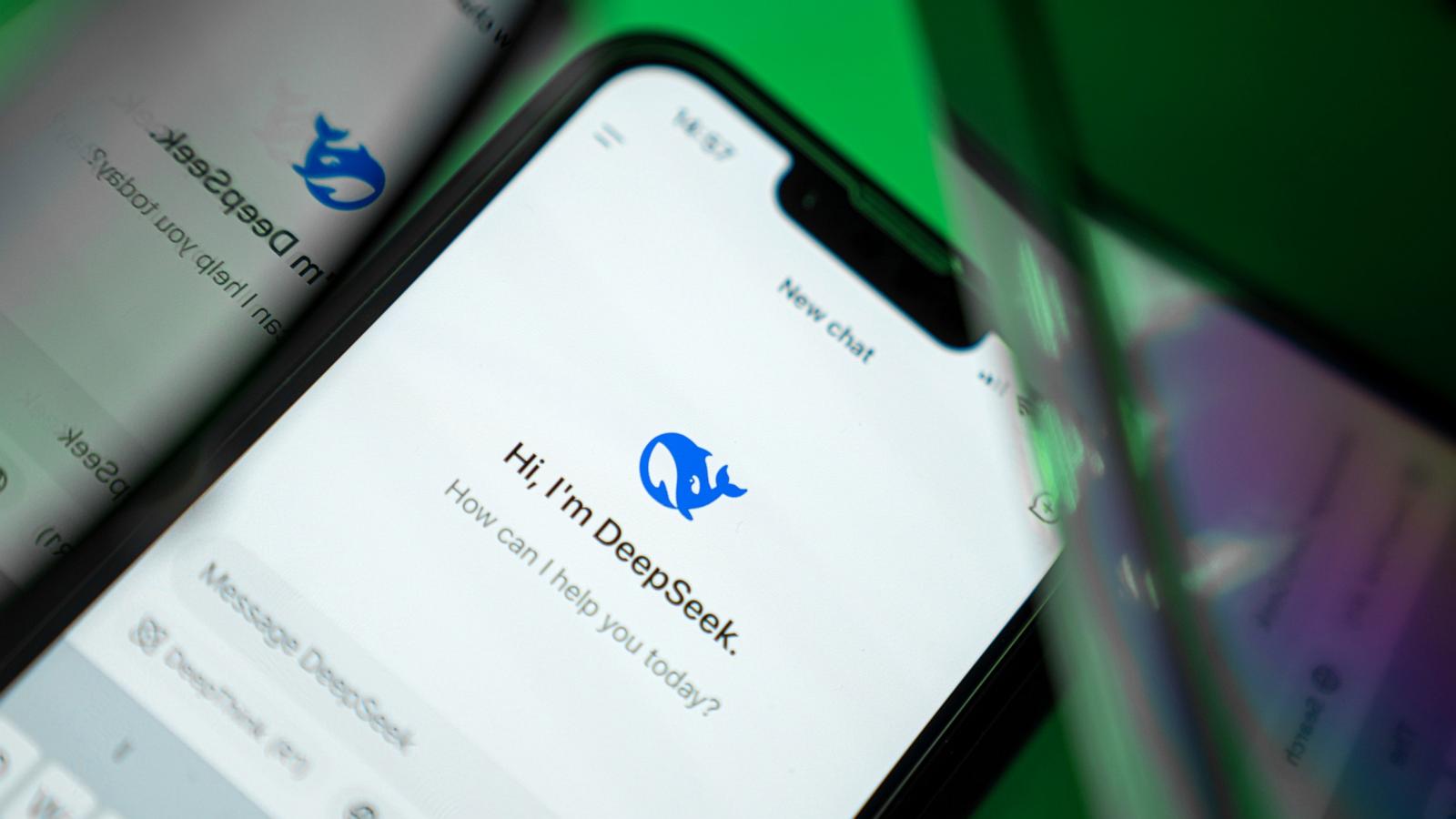
· In a world where generative AI systems seem to be establishing brand-new abilities by the month, what abilities, outlooks and competencies should our education system cultivate?
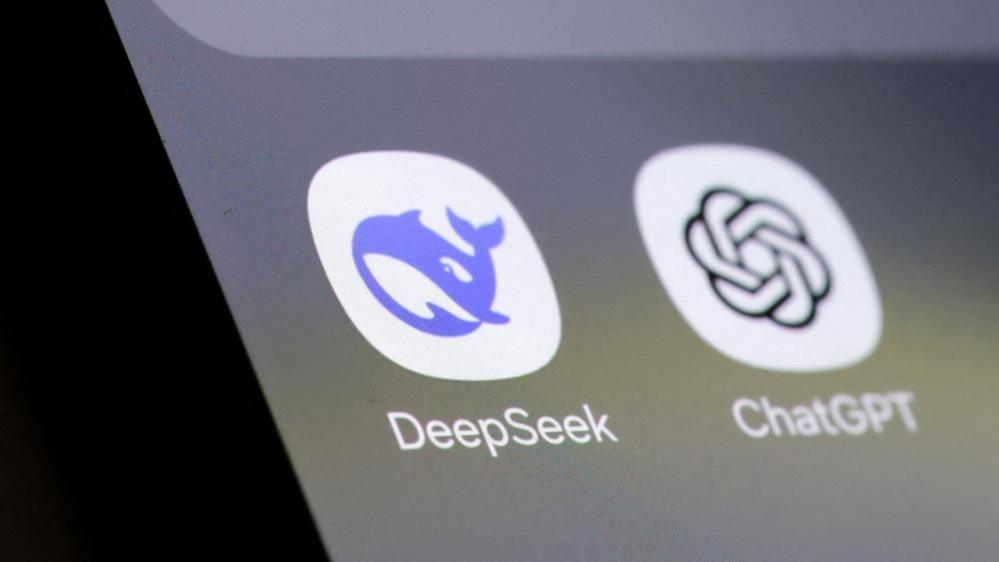
· What changes will be required in schools and beyond to help trainees strategy and direct their future in a world where human intelligence and machine intelligence would appear to have become ever more carefully connected - one supporting the other and vice versa?
· What then would be the purpose or role of education in a world dominated by Artificial Intelligence technology where people will not always be the ones opening new frontiers of understanding and understanding?
All these and more are daunting concerns. They require us to seriously consider the concerns that occur concerning the implementation of AI innovation in the field of education. We can no longer just ask: 'How do we get ready for an AI world?' We must go deeper: 'What should a world with AI appear like?' 'What roles should this effective technology play?' 'On whose terms?' 'Who chooses?'
Teachers are the main users of AI in education, and they are anticipated to be the designers and facilitators of trainees' knowing with AI, the guardians of safe and ethical practice across AI-rich educational environments, and to serve as good example for lifelong finding out about AI. To presume these duties, teachers need to be supported to develop their abilities to leverage the potential advantages of AI while reducing its dangers in education settings and broader society.
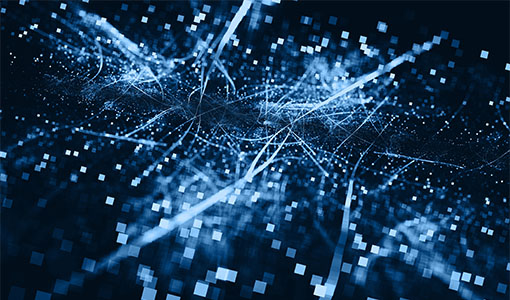
AI tools need to never be designed to change the genuine responsibility of teachers in education. Teachers should remain liable for pedagogical decisions in using AI in teaching and in facilitating its usages by students. For instructors to be accountable at the useful level, a pre-condition is that policymakers, instructor education institutions and schools presume responsibility for preparing and supporting instructors in the proper use of AI. When presenting AI in education, legal securities need to likewise be established to secure teachers' rights, and long-term financial commitments need to be made to ensure inclusive gain access to by instructors to technological environments and basic AI tools as crucial resources for adjusting to the AI period.

A human-centered technique to AI in education is crucial - a method that promotes essential ethical and
useful concepts to help control and direct practices of all stakeholders throughout the entire life process of AI systems. Education, offered its function to secure along with help with development and knowing, users.atw.hu has a special obligation to be completely knowledgeable about and responsive to the threats of AI - both the recognized risks and those only simply appearing. But too typically the risks are neglected. Making use of AI in education for that reason requires careful factor to consider, including an examination of the evolving roles instructors need to play and the competencies needed of instructors to make ethical and reliable use of Expert system (AI) Technology.
While AI uses chances to support instructors in both teaching as well as in the management of finding out procedures, significant interactions in between teachers and students and human flourishing should remain at the center of the educational experience. Teachers should not and can not be replaced by technology - it is important to safeguard instructors' rights and ensure adequate working conditions for them in the context of the growing usage of AI in the education system, in the work environment and in society at large.

